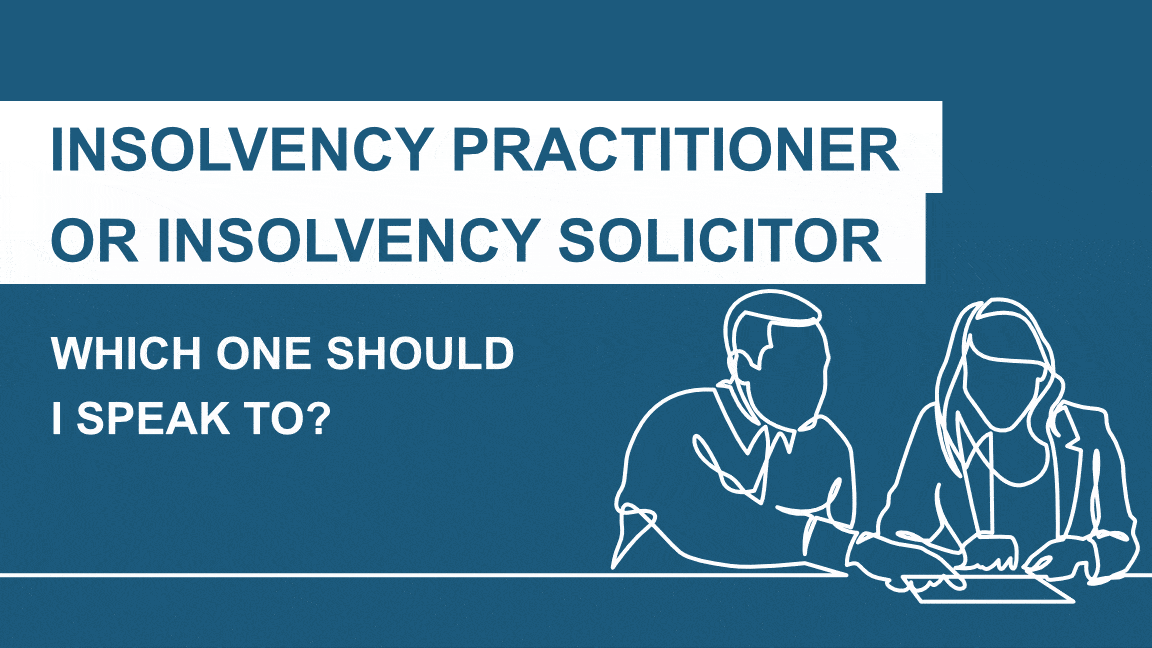The Only Guide for Insolvency Practitioner
The Only Guide for Insolvency Practitioner
Blog Article
The Basic Principles Of Insolvency Practitioner
Table of ContentsHow Insolvency Practitioner can Save You Time, Stress, and Money.Not known Facts About Insolvency PractitionerWhat Does Insolvency Practitioner Do?Insolvency Practitioner Fundamentals ExplainedSome Known Facts About Insolvency Practitioner.
Whether or not you need to use a bankruptcy practitioner (IP) to liquidate your firm relies on different elements. While engaging an insolvency professional for all kinds of liquidation is not a lawful requirement, doing so can often enhance the process and make sure conformity with lawful demands. Liquidating a company is a vital choice that includes significant effects.
It is a treatment utilized when a business does not have any financial institutions, or all of their financial institutions can be repaid completely with statutory rate of interest. Understanding the different kinds of insolvency processes can help you figure out the finest strategy for your business's liquidation or various other official bankruptcy procedures itself.
This is necessary in order to comply with lawful requirements - Insolvency Practitioner. This is because IPs have the essential certifications and experience to ensure that the liquidation process is carried out based on all appropriate laws and policies. By engaging a qualified bankruptcy specialist, you can have assurance knowing that your firm's liquidation process will certainly be dealt with skillfully and in compliance with the relevant legal requirements
The Basic Principles Of Insolvency Practitioner
The insolvency specialist is assigned as a liquidator and is responsible for handling the company and liquidator's financial debts outstanding responsibilities and assets. This process includes selling the business's assets and dispersing the profits to lenders. Upon completion of the process, the company is gotten rid of from the register at Companies House.
Failing to do so can lead to personal responsibility for the company or director for the lender's debts. Voluntary liquidation, that includes Creditors' Voluntary Liquidation (CVL) and Members' Voluntary Liquidation (MVL), is initiated by the firm's supervisors and shareholders when they can no longer pay their debts. In a CVL, the insolvency specialist is marked as the liquidator, in charge of managing firm financial debts and all company assets.

The Ultimate Guide To Insolvency Practitioner
By assessing the expertise and experience of potential insolvency experts, you can make certain that you pick an expert who has the required qualifications to manage your company's liquidation process successfully. While insolvency practitioner-led liquidation is frequently the most proper strategy for companies encountering insolvency, there are alternative methods to think about, such as striking off and partial liquidation.
It's vital to review all offered options prior to picking the next best option or strategy for your business. Striking off business' registers is a much more straightforward and economical means to close dormant or small business without financial debts or possessions. To strike off a business, its name is gotten rid of from the Firms Residence register by submitting form DS01.
Prior to opting for striking off, it's critical to consider the advantages and drawbacks of this approach and think about whether it's the best choice for your service. Partial liquidation is an additional option to insolvency practitioner-led liquidation, in which a business liquidates certain assets and obligations while continuing to operate with the remaining properties and obligations.
A Bankruptcy Expert will have the ability to recommend you of the most effective strategy to take view website and make sure that every little thing runs smoothly. It is not feasible to sell off a company without a liquidator. Selecting an authorized insolvency specialist is needed for the procedure of voluntary liquidation to start.
How Insolvency Practitioner can Save You Time, Stress, and Money.
It is feasible to close and liquidate your business without using a liquidator, supplied your firm is solvent and you satisfy the qualification demands to dissolve or liquidate it. However, if your business is financially troubled, you might be needed to use a liquidator and begin formal bankruptcy procedures. Here are some other helpful posts pertaining to company liquidation in the UK:.
Remaining in a position where you're incapable to pay your business's creditors is extremely demanding. In an attempt to prevent increasing the degree of financial debt, many companies try to negotiate directly with this link their creditors and consent to an informal arrangement. If the financial debt is quite tiny and owed to one financial institution, and the financial institution is being cooperative, participating in an informal debt arrangement is probably the ideal solution, instead of browsing the web for 'a bankruptcy professional near me'.
On the various other hand, if there are numerous lenders and the level of debt is large, creditors may not be so ready or participating. In order to prevent liquidation or insolvency, it is better to work with an insolvency professional to formulate official proposals and discuss with financial institutions in your place.
How Insolvency Practitioner can Save You Time, Stress, and Money.
Whilst it is a way to handle financial debt, there are significant dangers involved with this sort of financial debt arrangement - Insolvency Practitioner. If a financial institution wants to participate in a casual setup (IA) where the debtor has actually consented to make routine, if lower, settlements to repay the debt, it is very important to stick my sources to the arrangement

The financial institution is within their legal rights to back out of the contract and application the courts for your business to be sold off at any kind of time. An official setup that has been recommended by a bankruptcy specialist on your part, and agreed by a lender, supplies a much safer choice.
Report this page